
Electric vehicle and battery longevity are one of the many concerns for buyers looking to switch into zero exhaust-emissions motoring.
Like traditional internal combustion engine-powered vehicles, all new EVs come with a vehicle warranty on first registration – but car manufacturers also include a separate battery warranty.
So, what do they cover and what should you look for when buying an EV?
Vehicle warranty
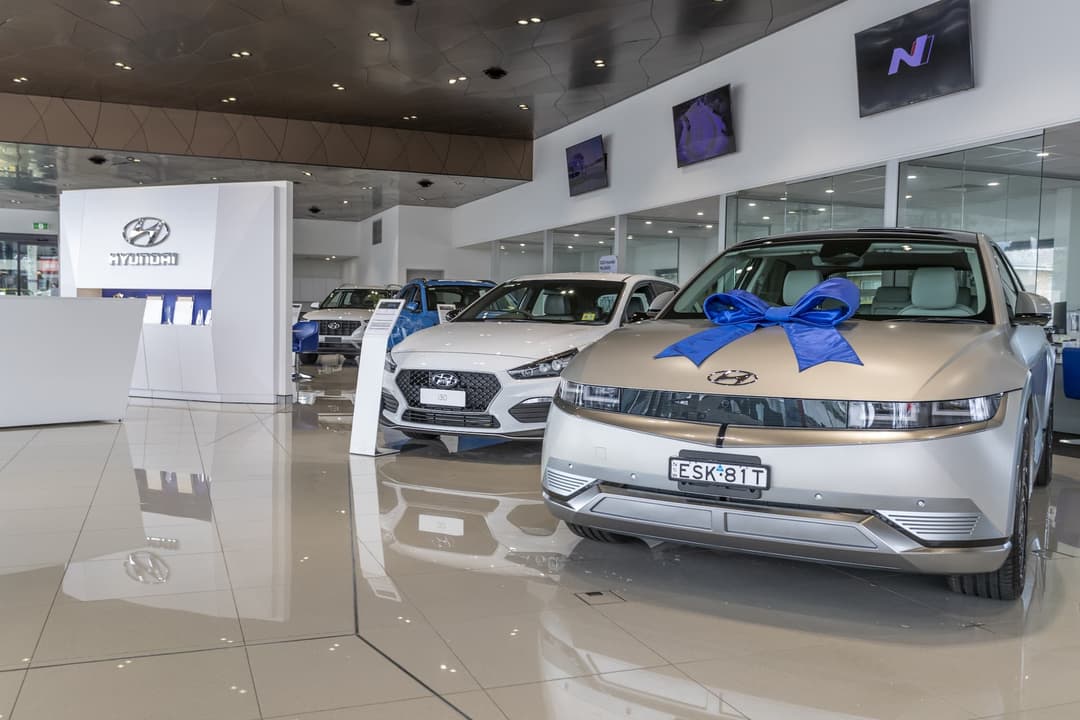
Vehicle warranties cover abnormal quality defects that impact on the car’s safety, reliability and roadworthiness on the condition of ‘reasonable use’.
It typically includes components such as the electric drive unit powertrain, lights, suspension, air-conditioning system, charging port, and in-car technology hardware.
Car companies set the vehicle warranty time period and distance travelled in each country, and some offer reduced warranties for business buyers. The coverage will expire once the time or distance has been exceeded (whichever occurs first).
It can range from a mere three years up to seven years, and some apply a kilometre limit or is unlimited.
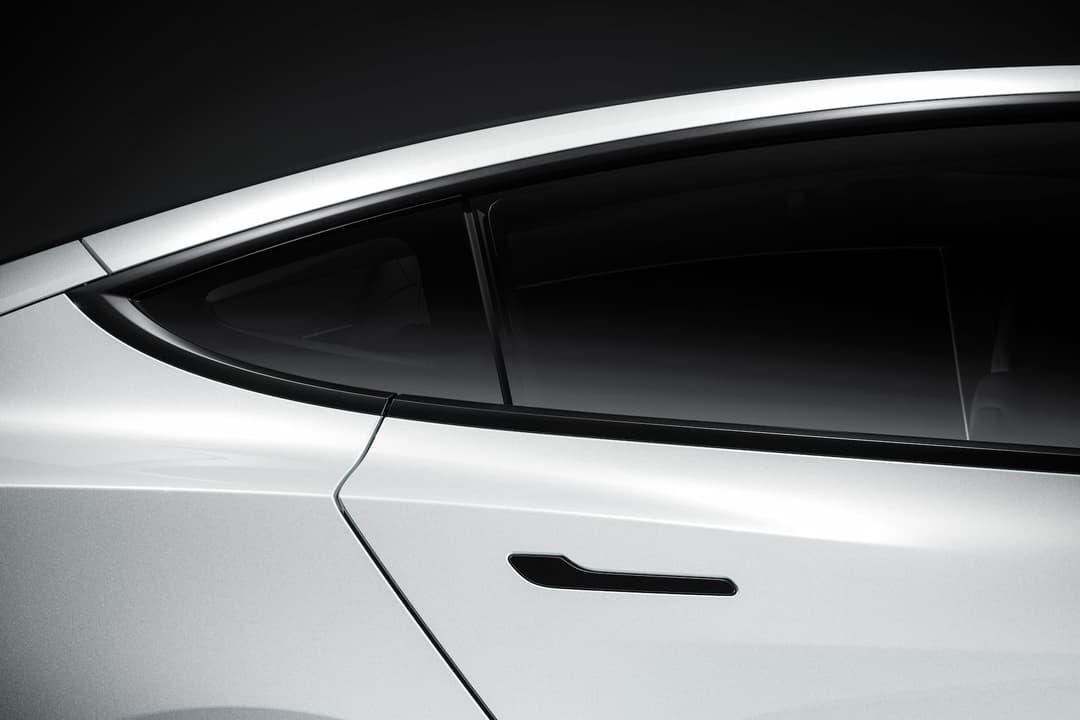
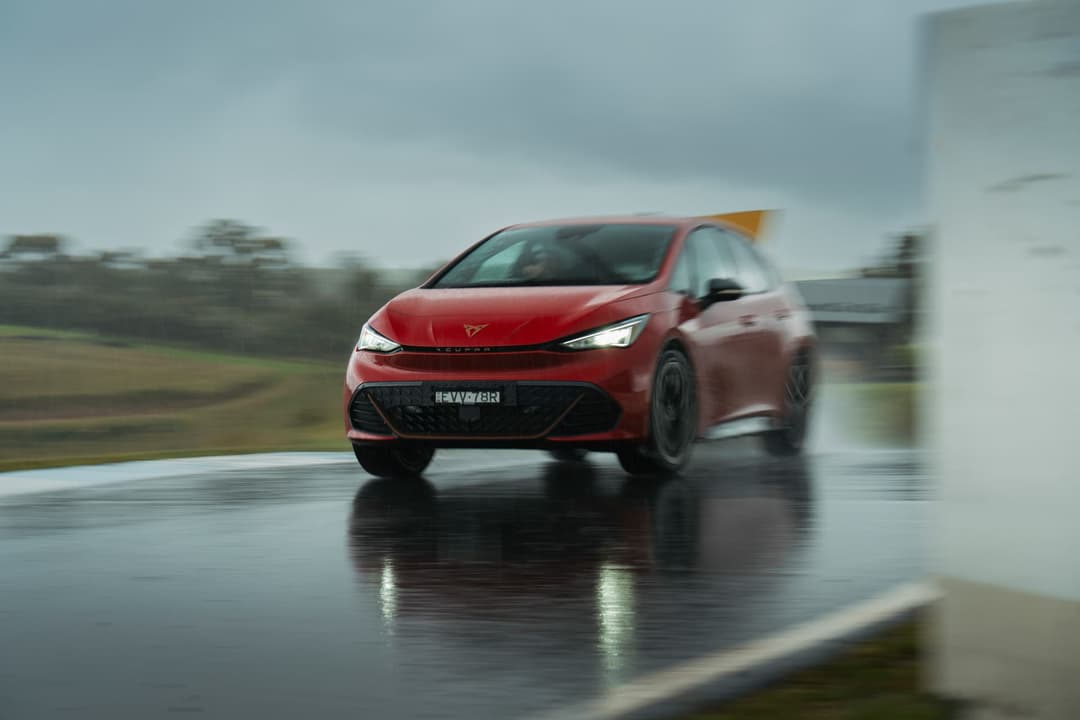
Additionally, Australian new and used car buyers also benefit from the Australian Competition and Consumer Commission’s (ACCC’s) Australian Consumer Law (ACL) – which applies regardless of whether the vehicle warranty has expired, but there’s no guarantees for privately-bought used cars.
The consumer watchdog mandates car manufacturers and franchise dealers to guarantee:
“Goods will be of acceptable quality if they are safe, durable and free from defects, are acceptable in appearance and finish and do everything that they are commonly used for.”
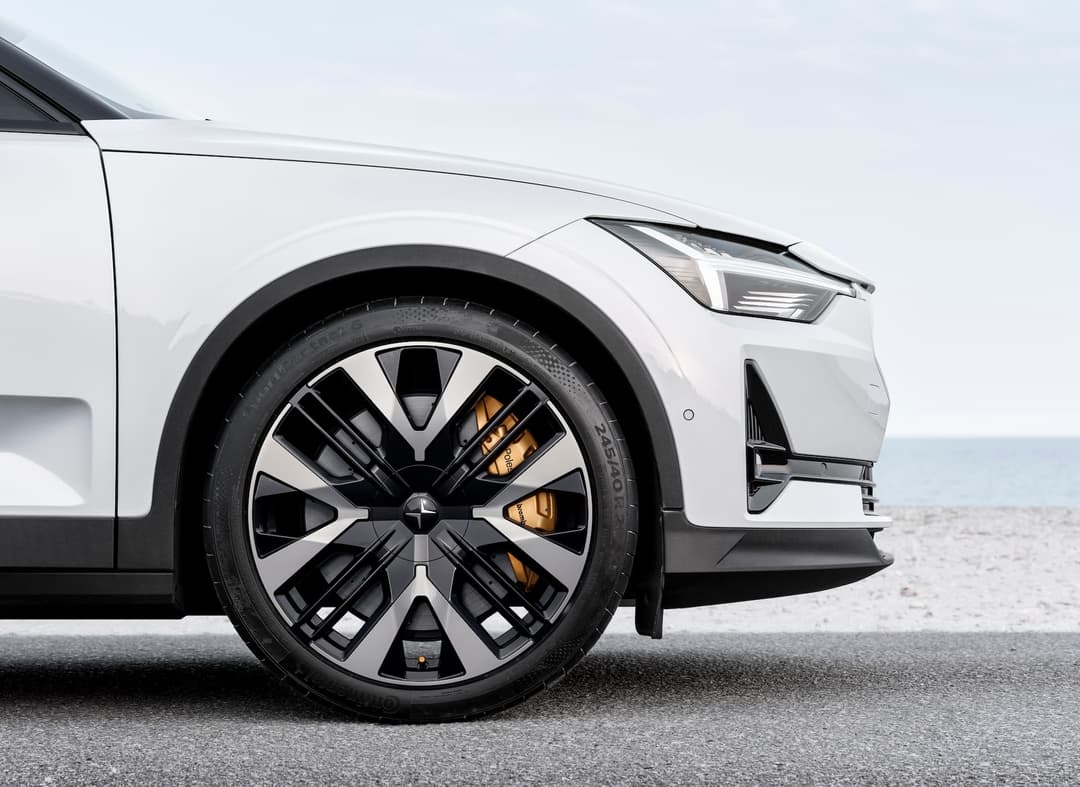
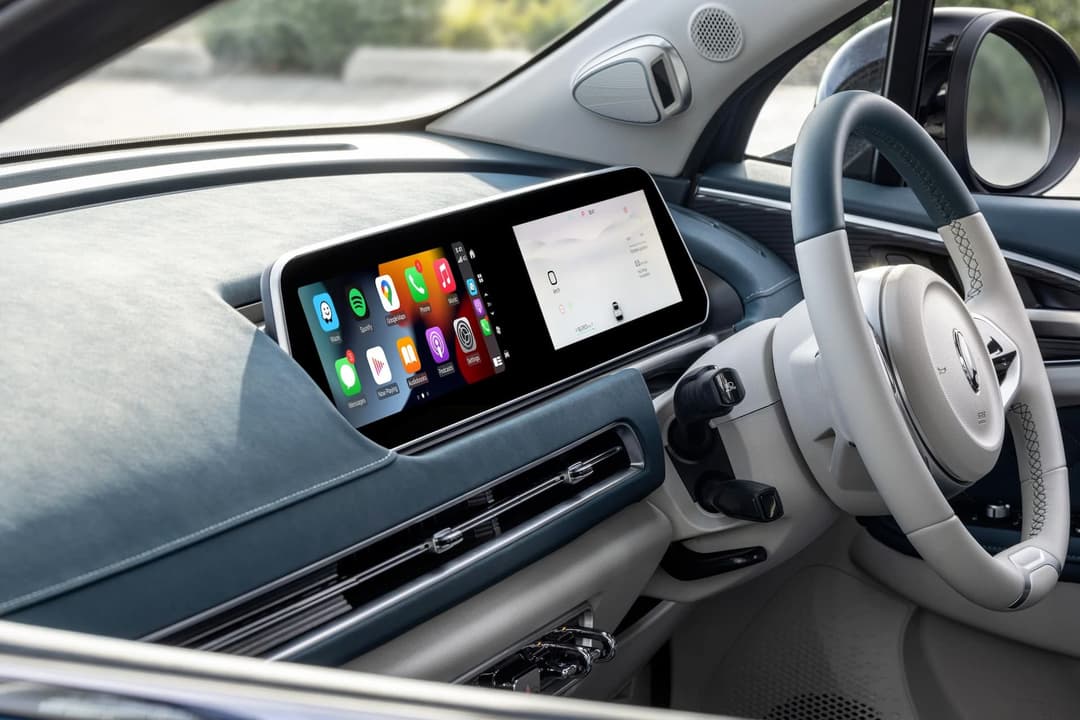
However, wear-and-tear consumables like brake pads, tyres, and windscreen wipers aren’t covered, along with cosmetic and structural damage caused by accidents (a comprehensive car insurance responsibility), whereas paint corrosion and additional accessories are usually backed by a separate dedicated warranty.
The franchise dealer servicing department (representing vehicle manufacturer) will usually determine whether a fault falls under the warranty.
But, if they refuse and you believe it is a reasonable defect that shouldn’t normally happen given the car’s age or condition, then raising the ACL with the dealer could solve the dispute; otherwise, you may choose to lodge a formal complaint to the ACCC.
Battery warranty
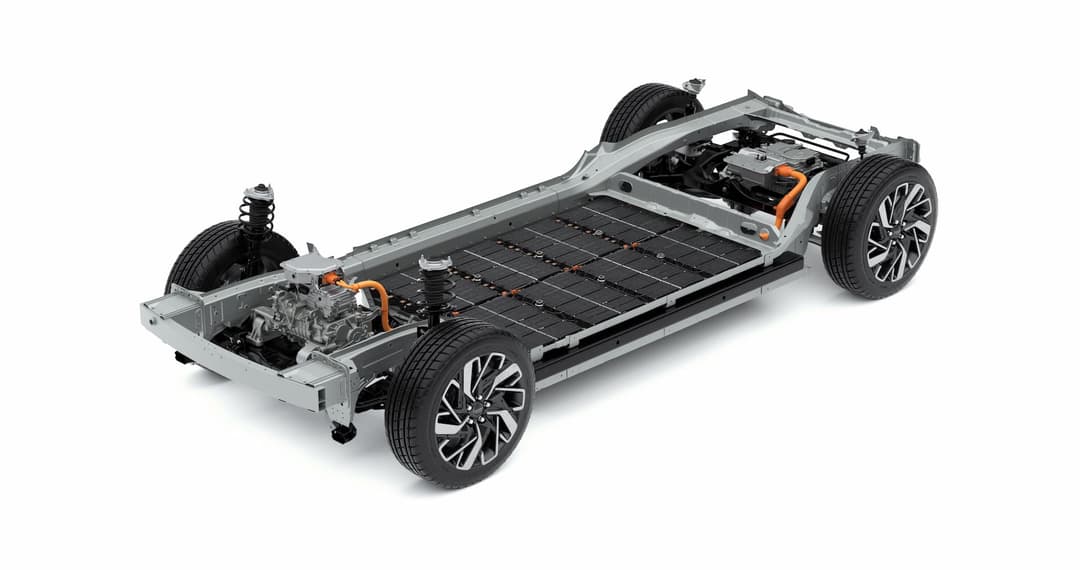
All electric vehicles are backed by a dedicated high-voltage battery warranty to cover any defects or degradation deemed abnormal for the car’s age and condition.
Some car manufacturers only cover a battery pack failure, whereas other brands guarantee that it will retain at least 70 per cent health in the warranty period – otherwise a free replacement of the degraded modules may be offered.
There is no minimum coverage period required in Australia, but the most common battery warranty standard is eight-years/160,000km (whichever occurs first). But, it can range from seven- to 10-years with varying kilometre limits.
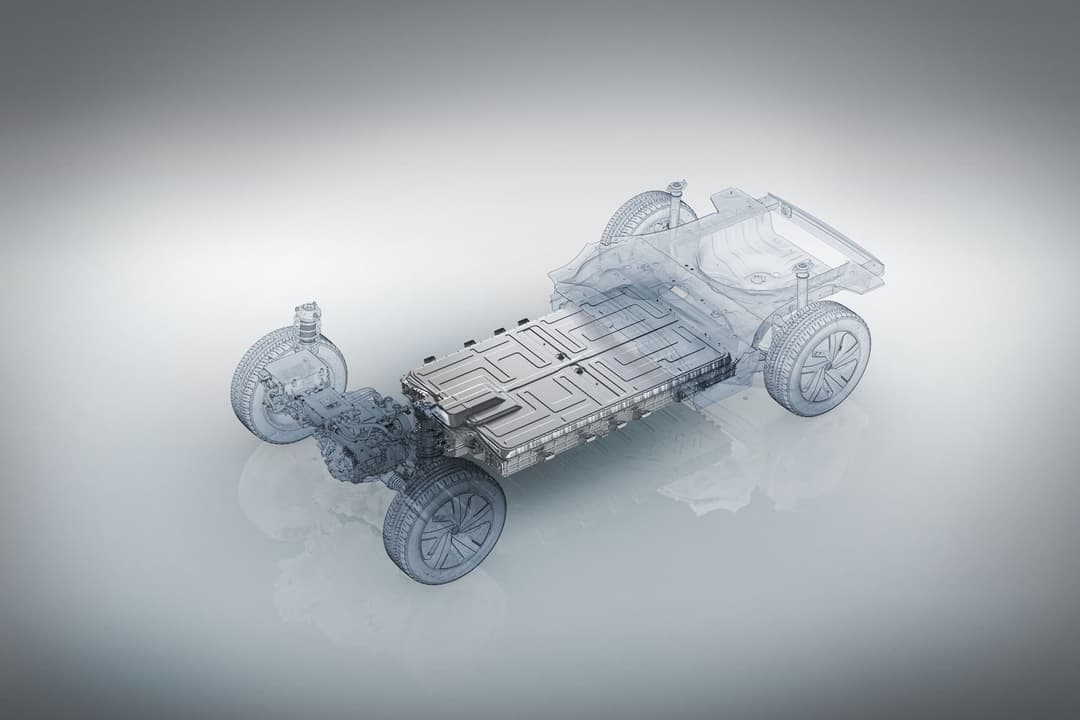
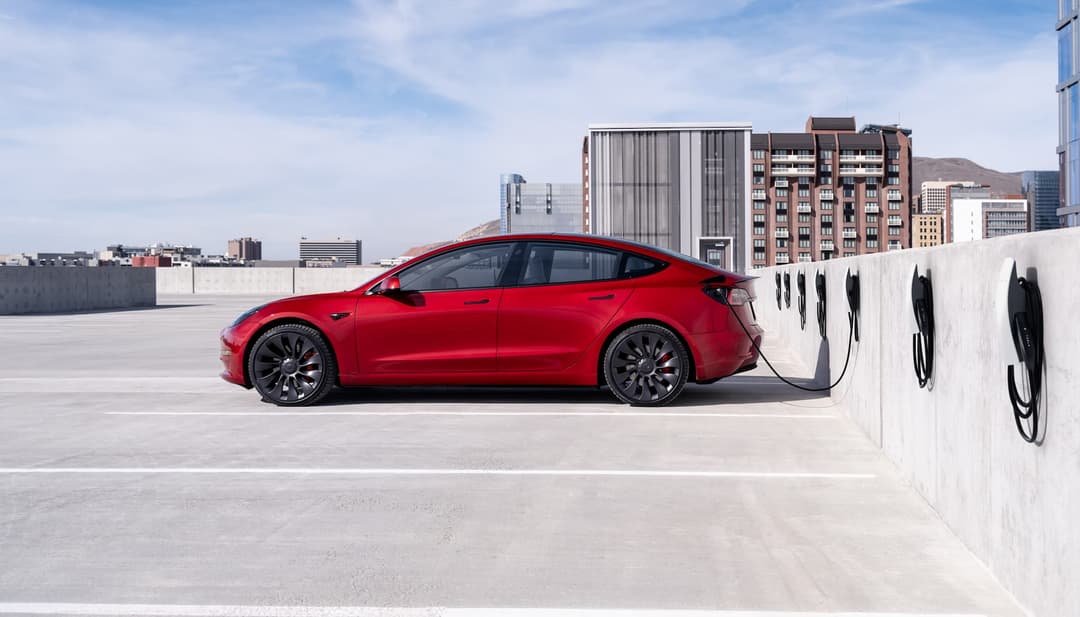
This means the car company is confident in the battery’s health to maintain acceptable driving range, with all packs containing a top buffer and maximum charging percentage limit recommendations – which owners must follow to prevent excessive degradation.
However, it doesn’t cover any physical damage to the batteries caused by an accident and the standard 12-volt electronics battery has its own separate warranty.
What is the best EV warranty?
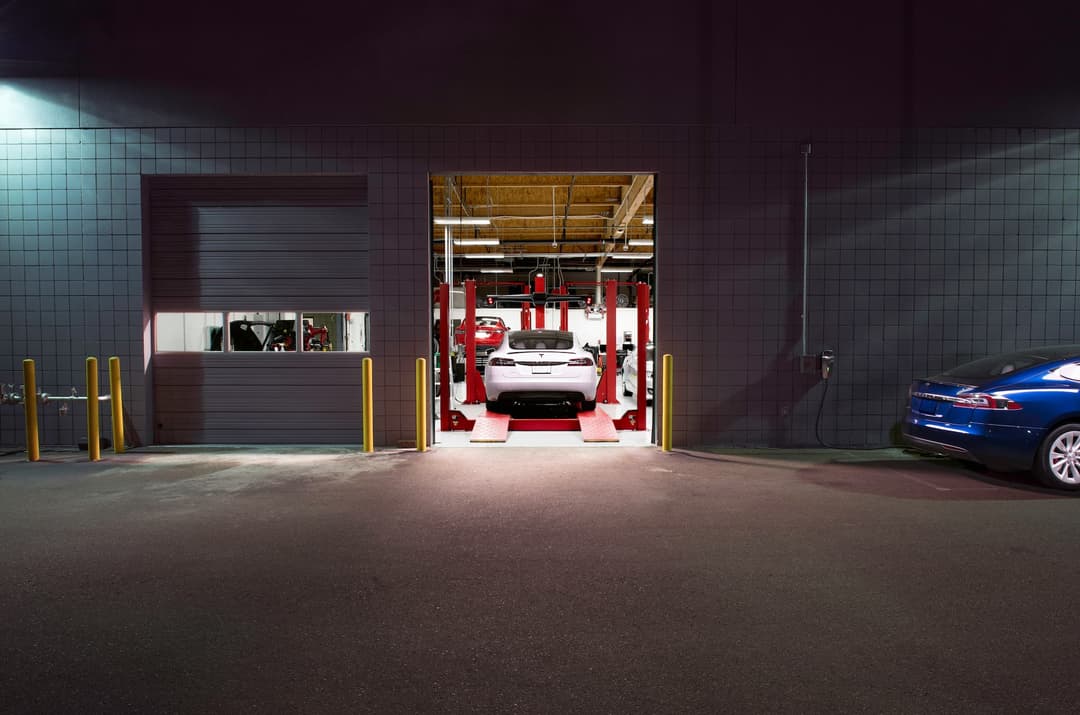
While most EV battery warranties cover for eight-years/160,000km, Lexus claims its RZ luxury electric crossover can retain 90 per cent battery health after 10 years (but only warrants it for 70 per cent overseas).
New battery developments such as lithium-iron-phosphate (LFP) also have a significantly longer lifecycle.
According to the Australian Bureau of Statistics (ABS), the average age of vehicles in Australia is 10.6 years – but Savings.com.au points out that most car leases are set between two to five years.
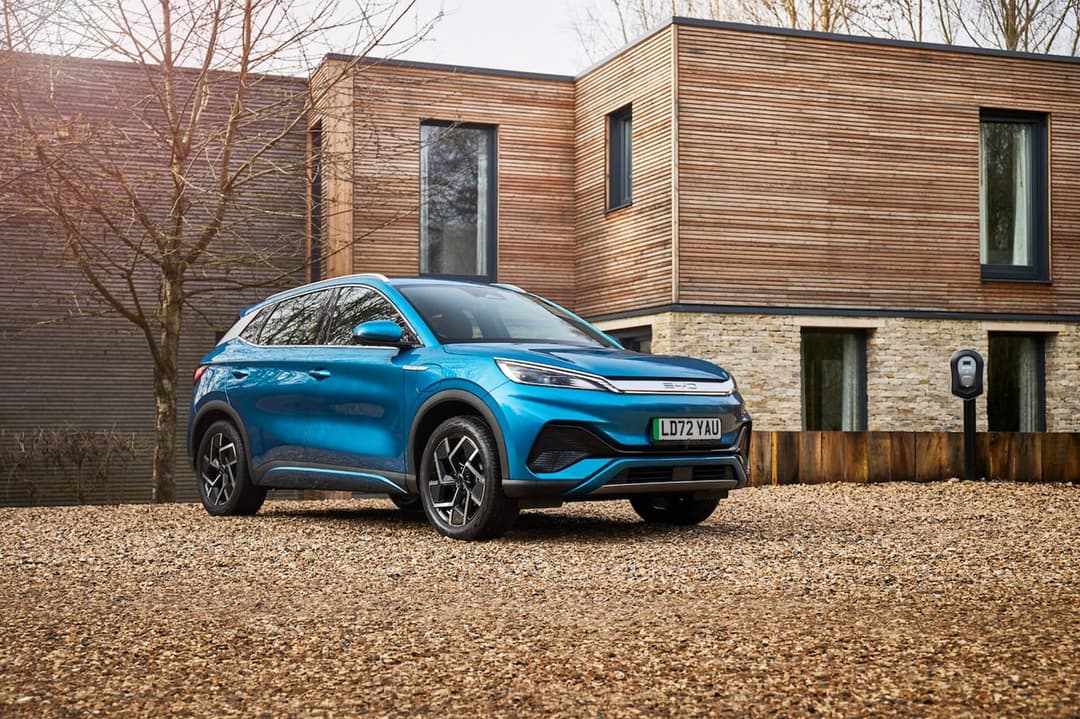
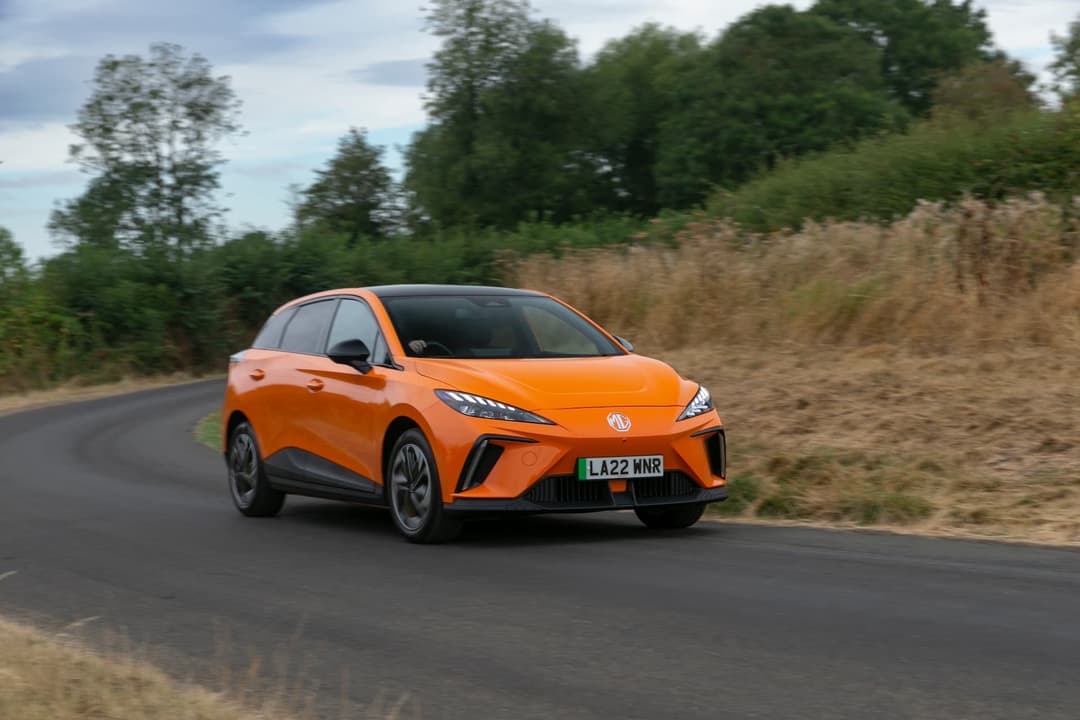
Additionally, ABS data reveals the typical Australian travels 12,100km per year (or 33km per day).
This most new electric vehicle and battery warranties most likely covers the lifetime of the first or even second owner, but could expire for subsequent buyers seeking a used EV.
Manufacturer warranties provide confidence to buyers, but even without it, there is a growing network of third-party independent technicians in Australia to service EVs and replace battery modules if needed. Some workshops overseas even recycle batteries from old or salvaged EVs to reduce repair costs.
To view. the vehicle and battery warranties for specific models head over to our EV database.
Electric car warranty FAQs
About the author
Stay up to date with the latest EV news
- Get the latest news and update
- New EV model releases
- Get money savings-deal

